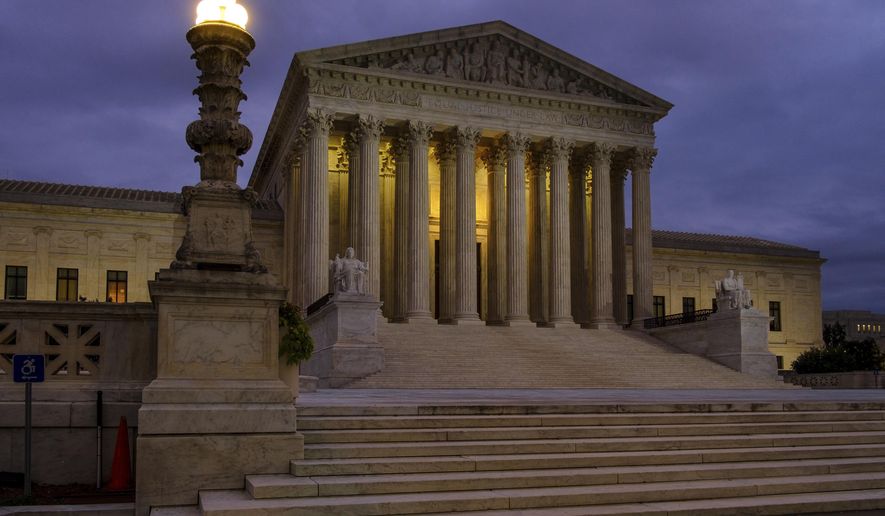Supreme Court justices agreed Friday to decide whether states with implied consent laws can draw blood for suspicion of drunk driving even when a driver is unconscious.
The court will decide if a warrant must first be obtained under the Fourth Amendment.
The case comes from Wisconsin, where Gerald Mitchell was pulled over and during questioning became lethargic. Police took him to the hospital where he became unconscious.
His blood was drawn under the state’s implied consent law, which deems anyone driving a vehicle to have agreed to the procedure. He was convicted based on the evidence.
Mr. Mitchell says he didn’t consent and the blood results should have been suppressed.
While the judges on the Wisconsin Supreme Court upheld his conviction, they didn’t agree as to why the implied consent law was valid.
Some said the state’s taking of the blood was a search incident to an arrest, while others said the state’s law provided an exception to the warrant requirement under the Fourth Amendment.
“The Wisconsin court’s divisions reflect a nationwide controversy,” Mr. Mitchell’s lawyers argued to the Supreme Court in their legal brief.
According to the court documents, 29 states address unconsciousness in their implied consent statutes. Seven state appeals courts have ruled those are inconsistent under the Fourth Amendment’s right to unreasonable search and seizures.
Other courts, though, have ruled the implied consent laws are valid and supply consent without a warrant.
• Alex Swoyer can be reached at aswoyer@washingtontimes.com.




Please read our comment policy before commenting.